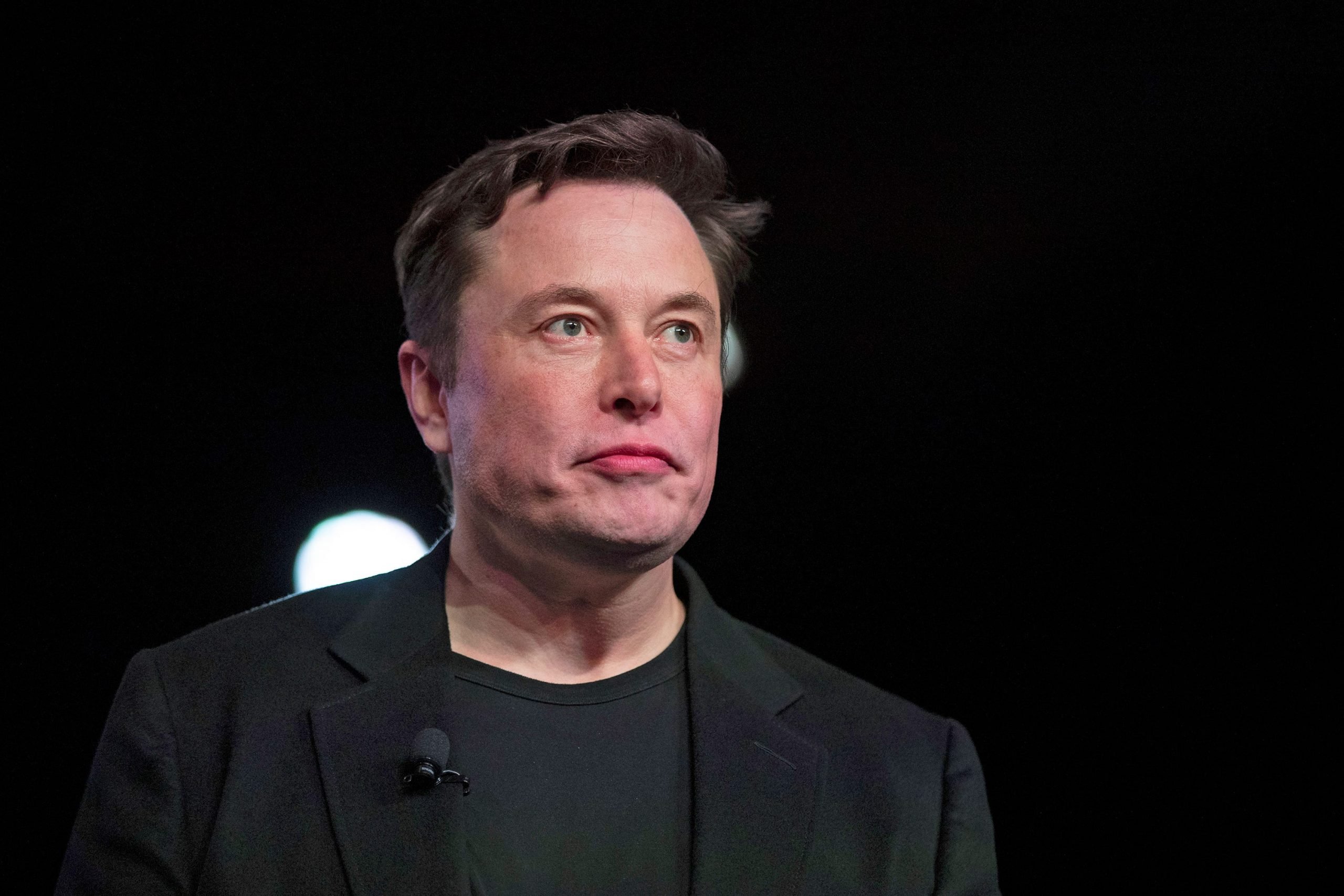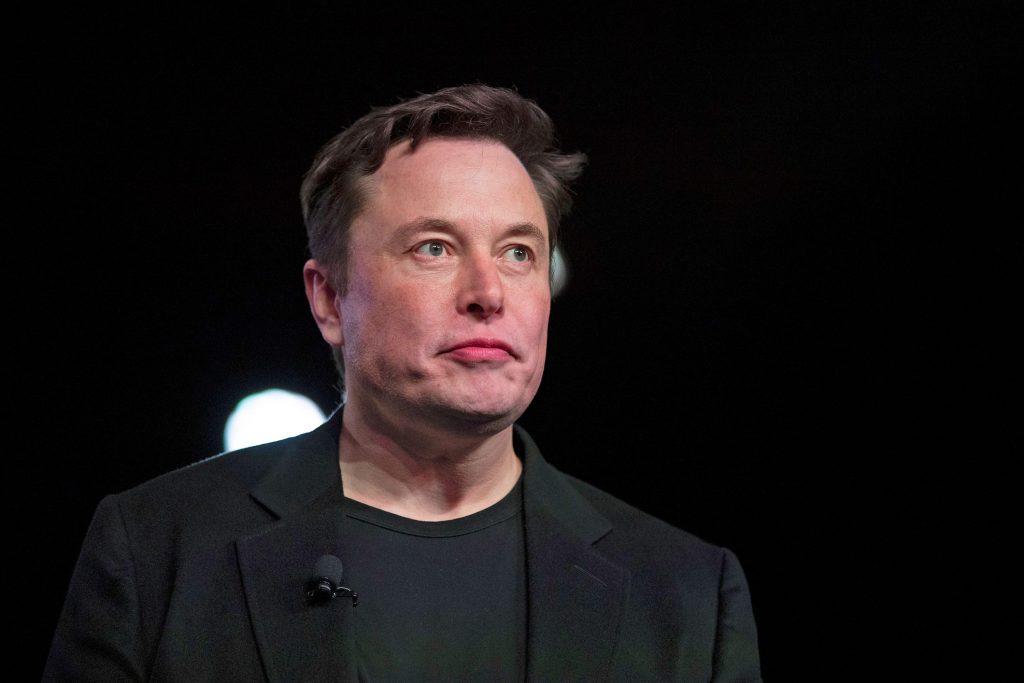
AP Photo/Jae C. Hong
- A court in Norway has ordered Tesla to pay 30 Model S owners $16,000 in compensation each, according to a report.
- A software update on Tesla Model S cars slowed charging speeds and cut battery range, the owners claimed, per the report.
- Tesla has until May 30 to pay, or it can appeal.
- See more stories on Insider's business page.
Tesla has been ordered to pay 136,000 kroner ($16,000) to customers in Norway who say their Tesla cars started charging slowly after a software update, according to a report by Norwegian news outlet Nettavisen on Friday.
Overall, Tesla has been ordered to pay $480,000 to the 30 plaintiffs, per the report.
At least some Tesla Model S vehicles manufactured between 2013 and 2015 had a 2019 software update that affected battery life and charging speeds, Nettavisen reported. This triggered 30 Norwegian Tesla owners to file a complaint to the country's conciliation council in December 2020, according to the report.
Tesla didn't respond to the lawsuit, per the report, and the customers won the case on April 29. The Norwegian court, which announced Tesla's order on May 17, said the carmaker has until May 30 to pay the fine, according to Nettavisen.
Tesla can file an appeal to an Oslo court, the publication reported.
This particular Tesla Model S has been sold 10,000 times between 2013 and 2015 in Norway, meaning that Elon Musk's company could face a total payout of up to 1.36 billion kroner ($163 million) if each customer had problems with their car and came forward, Nettavisen said.
Tesla didn't immediately respond to Insider's request for comment. Nettavisen reported that Tesla declined to comment.
Musk's car company has faced similar accusations on the other side of the world. In 2019, a Tesla owner in the US filed a lawsuit against the electric vehicle maker in the Northern California federal court for limiting the battery range of potentially thousands of Model S and X cars around the world, Reuters first reported.
At the time, Tesla said that a small number of customers may have noticed "a small reduction in range when charging to a maximum state of charge following a software update designed to improve battery longevity."
The company said at the time that it was working on fixing the issue for affected owners.

